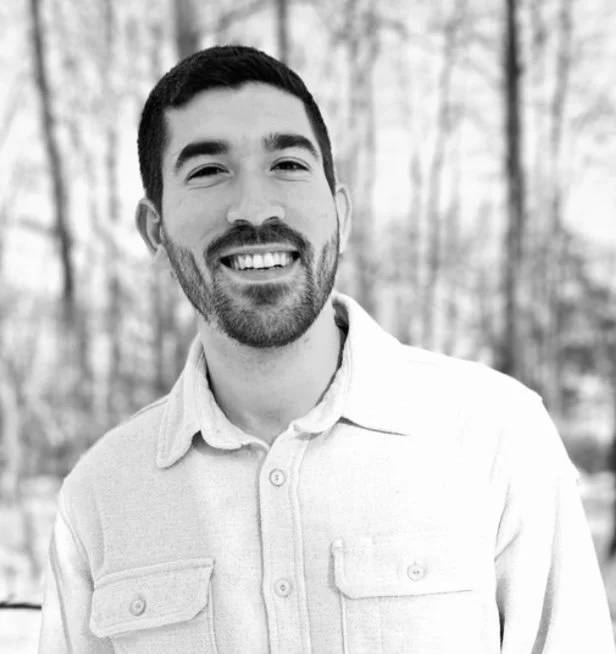Matt Fishman, LCSW
Psychotherapist
Matt Fishman comes to Nest after a decade working in hospital settings, most recently as a therapist at Mount Sinai’s Partial Hospital Program, treating individuals experiencing complex psychiatric events such as suicidality, self-harm, dissociation, and PTSD. Concurrently, he has explored holistic approaches to healing, including several 10-day silent meditation retreats and a deep interest in the relationship between experiential and cognitive forms of psychotherapy.
Matt’s therapeutic approach is rooted in an existential perspective that honors the meaningfulness of both psychological and physical pain. He believes that lasting relief comes not from eradicating pain prematurely, but from allowing its deeper significance to unfold. Grounded in his clients’ core values, Matt fosters a therapeutic journey filled with purpose, clarity, and direction. Reflecting his respect for the unique experience of each individual, he tailors his approach to clients’ needs in a holistic, non-pathologizing manner. As such, Matt has a well-earned reputation for forming strong therapeutic alliances on a foundation of compassion, mutual respect and intentionality.
Matt is intensively trained in both Internal Family Systems (IFS) Level 3 and in EMDR. Integrating these two trauma-focused modalities allows Matt to work more effectively with individuals who may have struggled with traditional talk therapy, tend to intellectualize emotions, become flooded by feelings, or find it difficult to access their emotional experience. His integrative approach also draws from other orientations, including Psychodynamic, Attachment-Focused, Somatic, Dialectical Behavioral Therapy (DBT), and Mindfulness. He specializes in complex trauma, relationship stress, burnout, depression, anxiety, and ADHD. Matt also has a deep passion for couples work, using IFIO, Imago and Gottman Method to help couples regain connection, trust and intimacy.
Recently, Matt has deepened his love for group-based healing. Having facilitated over 2,000 hours of psychotherapy groups, his appreciation for this format continues to grow.


